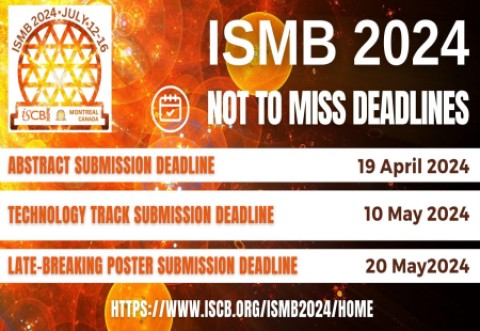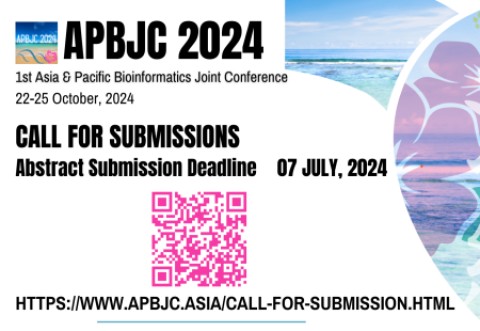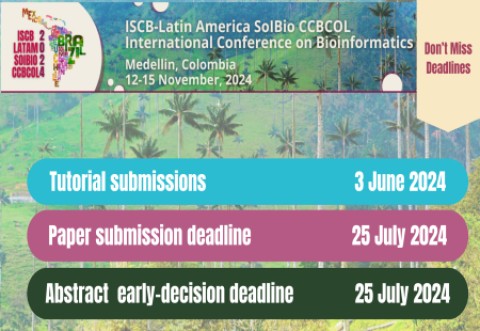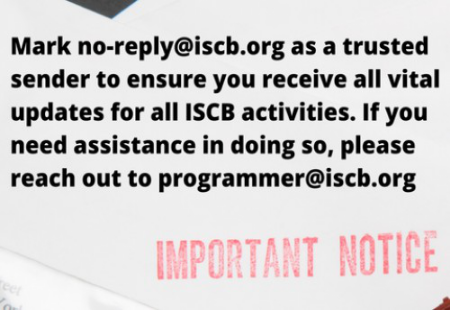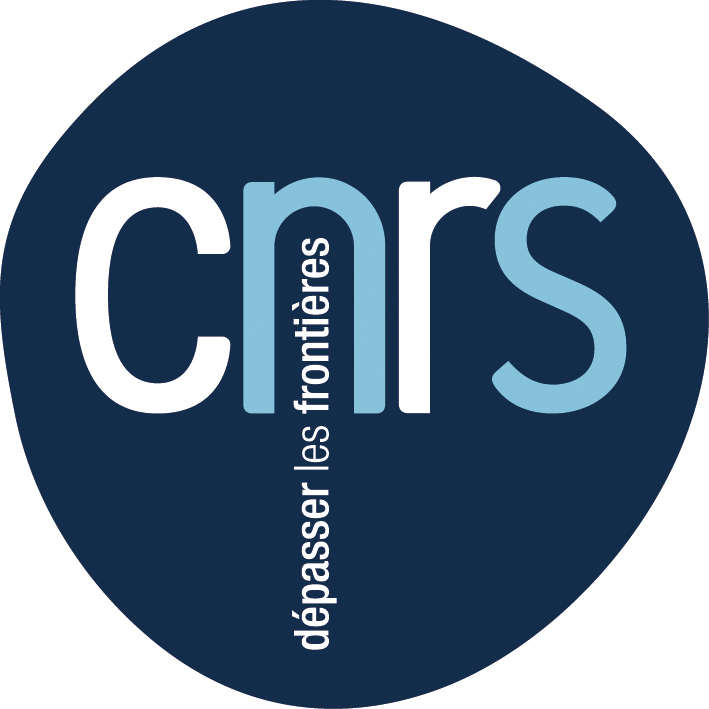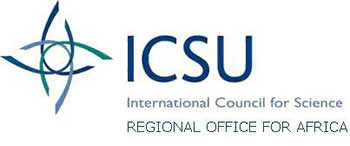Program Main Conference
NEW! Updated Nov. 27: Preliminary Program Book for download – CLICK HERE (PDF)
The conference will be held at: AZALAI HOTEL SALAM, Quartier du Fleuve - BP 104 - Bamako – Mali, Tél: + (223) 20 22 12 00, Fax : + (223) 20 22 36 37
Website: http://www.azalaihotels.com/salam.php
Conference Program
30th
November 2009
8:00-9:00 Registration
Preliminary
Session
9:00-9:30 Welcome
Remarks:
Prof.
Burkhard Rost (President ISCB)
Prof.
Daniel Masiga (President ASBCB)
Madame
Gillian Milovanovich (Ambassador to the United States)
Dr. Ousmane
Touré (Minister of Health)
9:30 Conference
Starts
Prof.
Seydou Doumbia (Local Chair)
9:45-10:45 Opening
Keynote: Charles Rotimi (Director of the Center for Research on Genomics and
Global Health, US) Engaging African Scientists in the Genomic Revolution to
Ensure that Tomorrow’s Biotechnology and Medicine will Work for African People
10:45-11:00 Coffee
break
11:00-12:40 Session
1: Functional, structural and comparative genomics of pathogens
Session Chair: Manuel
Corpas (Wellcome Trust Sanger Institute, Cambridge, UK)
11:00-11:20 Amel
Ghouila: Identification of novel protein domains in Plasmodium falciparum and Leishmania species
11:20-11:40 Laurent
Brehelin: Assessing functional annotation transfers with inter-species conserved
coexpression: re-annotation of Plasmodium falciparum genes based on conserved coexpression with S.
cerevisiae and D. melanogaster
11:40-12:40 Keynote: Erik Bongcam-Rudloff (Chair of EMBNet Board,
Uppsala University, Sweden): Annotating next-sequencing data: new opportunities
for worldwide collaborative work.
12:40-14:00 Lunch
Break
14:00-14:40 Functional, structural and comparative
genomics of pathogens continued
14:00-14:20 Mark
Wamalwa: Comparative genomic analysis of Glossina morsitans transcriptome: vector for sleeping sickness
14:20-14:40 Alban
Mancheron: Ehrlichia Ruminantium
Genome Segmentations Reveal Novel Homologous Genes
14:40-17:30 Session
2: Search and Design of Vaccines and Drugs
Session Chair: Reinhard Schneider (EMBL, Germany)
14:40-15:00 Marion
Adebiyi: Elucidating the Drugs Resistance Mechanism(s) of the Malaria Parasite
to Tetracyclines and Chloroquines
15:00-15:20 Mahmoud
Elhefnawi: A comprehensive in silico methodology for optimal design and
selection of therapeutic small interfering RNA molecules for the Influenza A
Virus
15:20-15:50 Coffee
break
15:50-16:10 Fourie
Joubert: Discovery: A resource for the rational selection of drug target
proteins and lead compounds in malaria
16:10-16:30 Isaac
Oyewole: Dynamics of insecticide resistance to pyrethroid in Anopheles gambiae
in southwestern Nigeria: A five year survey (2002-2007).
16:30-17:30 Keynote: Burkhard Rost (Columbia University, USA): Evolution teaches protein prediction
17:30-18:30 Inauguration
of RSGs in Africa (Segun Fatumo)
1st December 2009
9:00-12:30 Session
3: Host/Pathogen Systems Biology
Session Chair: Winston
Hide (South African National Bioinformatics Institute & Harvard School of
Public Health)
9:00-10:00 Keynote: Karine Leroch (University of California Riverside) -Unraveling Gene Regulation Mechanisms in the Human
Malaria Parasite: Insights Into Chromatin Remodeling
10:00-10:20 Vijay Nagarajan: Systems-level analysis of spatial constraints in
biological networks using NetCirChro
10:20-10:40 Gaston Mazandu:
Contribution of Microarray Data to the Advance of the Knowledge on Mycobacterium
tuberculosis Interactome: The use of
random Partial Least Squares (r-PLS) approach
10:40-11:10 Coffee
break
11:10-11:30 Oussema
Souiai: In silico prediction of
protein-protein interactions in macrophages
11:30-11:50 Segun
Fatumo: Host factors improve robustness of the metabolism of Plasmodium
falciparum
11:50-12:10 Agostinho
Antunes: The Evolutionary Dynamics of the Lion Panthera leo Revealed by Host and Viral FIV Population Genomics
12:10-12:30 Lawrence
Okoror: Gene analysis of a newly isolated Lassa virus strain
12:30-14:00 Lunch
Break
14:00-17:10 Session
4: Database and Resource Development for Infectious Disease Research
Session Chair: Ezekiel
Adebiyi (Covenant University, Nigeria)
14:00-14:20 Samuel
Kwofie: Hepatitis C Virus Discovery Database (HCVdd)
14:20-14:40 Odile
Ouwe Missi Oukem-Boyer: Design and setting-up of a Bioinformatics platform
dedicated to HIV drug resistance problems
14:40-15:00 Karyn
Megy: Comparative Genomic Analysis of Mosquitoes, using Public Genomic
Resources
15:00-15:20 Alan
Christoffels: International Glossina Genome Initiative: Towards an
understanding of the Glossina morsitans transcriptome
15:20-15:50 Coffee
break
15:50-16:10 Jingming
Ma: Development of a Web-based Data Management System for Clinical Immune
Research
16:10-17:10 Keynote: David Roos
(University of Pennsylvania): Designing and
mining pathogen genome databases
17:30-19:30
PM: Poster session
2nd December 2009
9:00-10:00 ISCB,
ASBCB and RSG Business Meeting -open
to all participants
10.00-12:30 Session
5: Molecular Epidemiology and Evolution of Vectors, Pathogens and Hosts
Session Chair: Burkhard
Rost (Columbia University, USA)
10:00-10:20 Sarah
Mwangi: An Evolutionary Genomics Approach towards analysis of Genes implicated
in transmission of Trypanosomes between Tswtse fly and Mammalian host
10:20-10:40 Sheila Ommeh:
Evolution of Mx gene
haplotypes in the chicken genome towards viral diseases
10:40-11:10 Coffee
break
11:10-11:30 Mathurin
Koffi: Human African Trypanosomiasis seropositive subjects display identical
microsatellite-based allelic profiles with parasitological confirmed patients
11:30-11:50 Allison Regier:
Improved inversion predictions for Anopheline mosquitoes
11:50-12:10 Igor
Sharakhov: High resolution cytogenetic map for Anopheles gambiae�a tool for understanding genome organization
and evolution
12:10-12:30 Henri
Tonnang: Predicting and mapping under climate change scenario, the potential
redistribution of malaria vectors in Africa: Informing malaria control
programmes
12:30-14:00 Lunch
Break
14:00-17:30 Session 6: Bioinformatics education,
curriculum development, challenges and opportunities
Session Chair: Daniel
Masiga (ICIPE, Nairobi)
14:00-14:20 Oyejide
Ojo: Incorporating Bioinformatics into Biological Science Education in Nigeria:
Prospects and Challenges
14:20-14:40 Seydou
Doumbia: African center for training in functional genomics of insect vectors
of human disease: Challenges and Perspectives
14:40-15:00 Allan
Orozco: Software Development in modelling and Virtual Exploration of Proteins:
an alternative of technology and education in Central America
15:00-15:30 Coffee
break
15:30-16:30 Keynote: Mike
Tartakovsky and Yentram Huyen
(NIAID, USA) -Building a Sustainable Bioinformatics Program: Opportunities and
Challenges
16:30-17:30 Open
discussion on education and capacity building
19:30 Gala
Dinner Hotel Salaam
3rd December 2009 -- KAUST Day
9:00-12:20 Session
7: Systems View of Biological Organisms I
Session Chair: Anna
Tramontano (Sapienza University, Rome)
9:00-10:00 Keynote: Marc Marti-Renom The TDI kernel for open source
drug discovery in tropical diseases
10:00-10:20 Itunuoluwa
Ewejobi: In-silico Prediction of the Genetic Regulatory Interactions in Maurer’s
Cleft Pathway of Plasmodium falciparum.
10:20-11:00 Coffee
break
11:00-11:20 Jelili
Oyelade: Computational Identification of Functional Modules in Plasmodium
falciparum
11:20-11:40 Ibrahima
Baber: A quantile method module implemented for microarray data normalization
11:40-12:00 Kais
Ghedira: TSS identification, TFBS prediction in human and mouse and prediction
of the regulatory network
12:00-12:20 Steven
Nyanjom: Identification and Tissue Localisation of Putative Odorant Binding
Proteins (OBPs) in Glossina (Diptera: Glossinidae)
12:20-14:00 Lunch
Break
14:00-17:20 Session
8: Systems View of Biological Organisms II
Session Chair: Marc
Marti-Renom (Instituto Principe Felipe, Spain)
14:00-14:20 Fidelis
Cho-Ngwa: Molecular and bioinformatics characterisation of Onchocerca volvulus
circulating intermediate filament, a target for sensitive monoclonal
antibody-based diagnosis
14:20-14:50 Nishi
Prabdial-Sing: Epitope analysis of genotype 5 Hepatitis C Virus against South
African HLA backgrounds
15:10-15:30 Abibatou
Mbodj: Qualitative dynamical modelling of Drosophila mesoderm
15:30-16:00 Coffee
break
16:00-16:20 Olubanke
Ogunlana: In-silico structural prediction of human Scavenger receptor type B1
(SRB1) - a novel approach to the discovery of prophylactic agent against Plasmodium
falciparum
16:20-17:20 Closing Keynote:
Anna Tramontano: Structural
bioinformatics strategies to address the malaria challenge
17:20-18:00 Awards
& Closing Remarks
Workshops
Friday 4th December 2009
Parallel Session 1:
9:00 AM - 12:15 PM David Roos: PlasmoDB
2:00 PM - 5:30 PM Erik Bongcam-Rudloff: Sequence
Analysis Using EMBOSS
Parallel Session 2:
9:00 AM - 5:30 PM (including lunch break) NIAID/NIH workshop, Jeff
Skinner: Introduction to R
Saturday 5th December 2009
Parallel Session 3:
9:00 AM - 12:15 PM Christine Orengo: Structural Bioinformatics
2:00 PM - 5:30 PM Neil
Lobo+Karyn Megy: VectorBase
Parallel Session 4:
9:00 AM - 5:30 PM (including lunch break) NIAID/NIH workshop, Sudhir
Varma:
Microarray Analysis
Using R/Bioconductor

